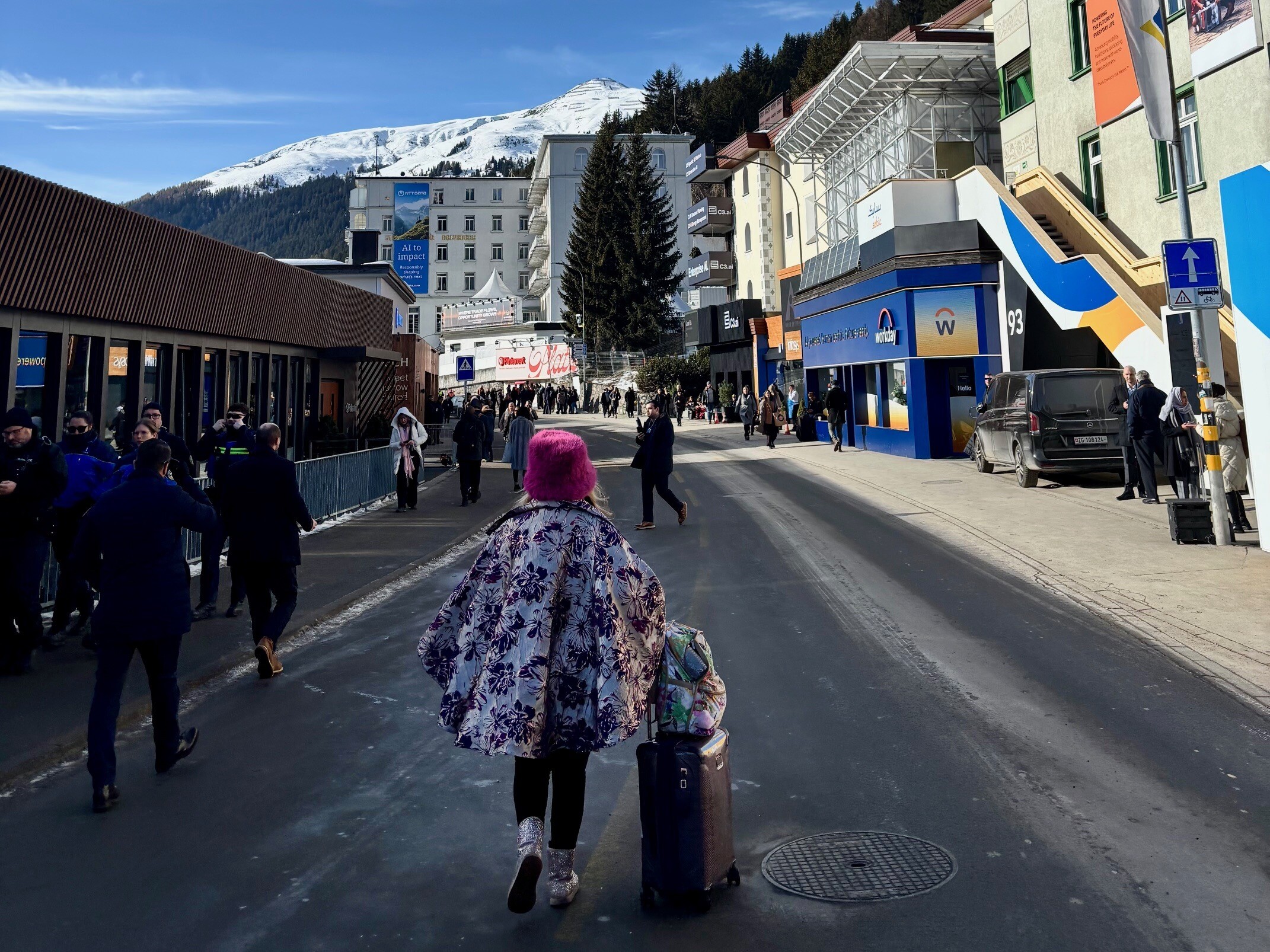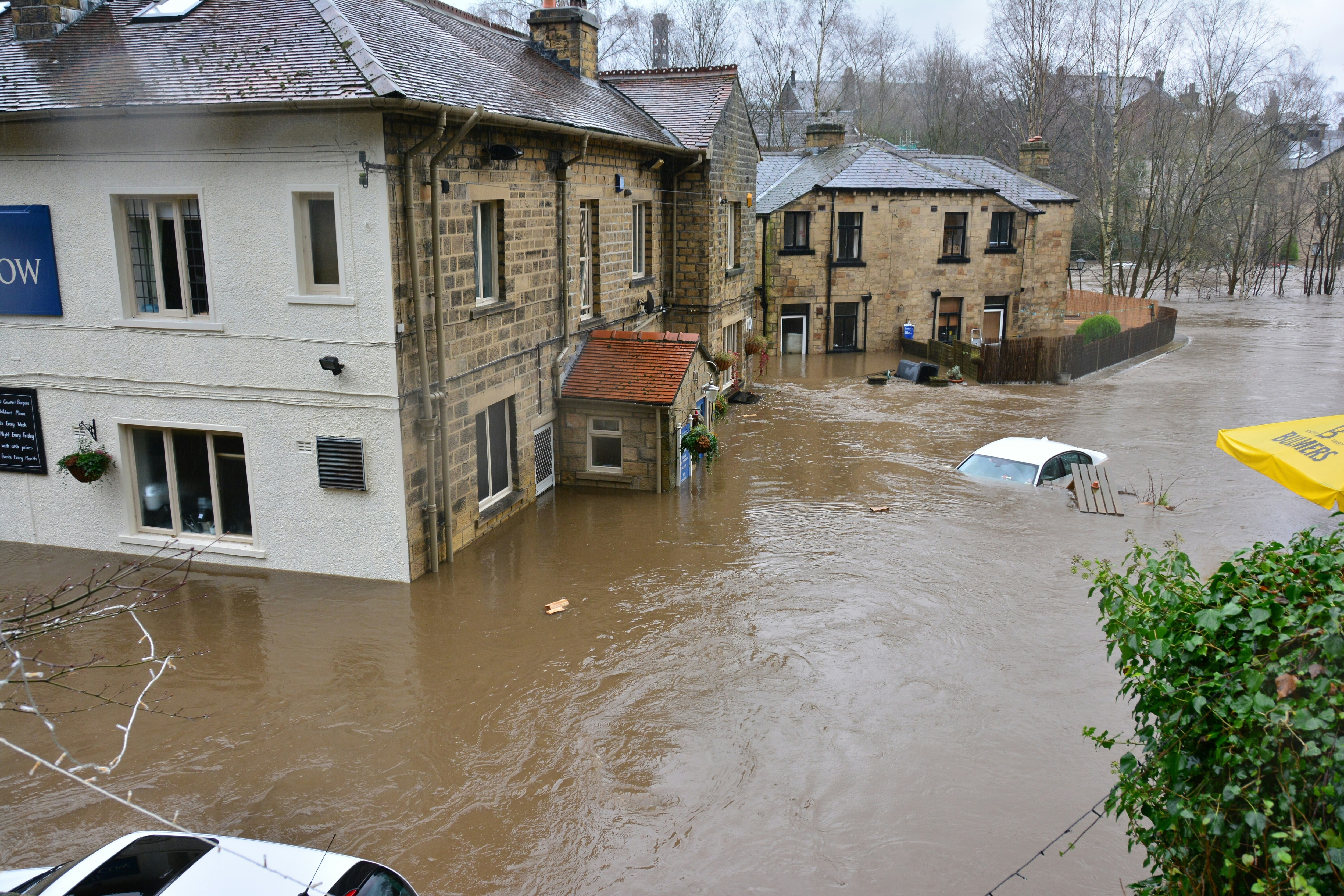Doughnut economics: the sweet centre at the heart of a Malaysian's city regeneration

Taking ownership … the city of Ipoh, Malaysia is looking to a regenerative future. Image: Wikicommons/Sharon Hahn Darlin
- The Malaysian city of Ipoh is looking to regenerative economic concepts in its bid to reinvent itself as a former industrial hub.
- Doughnut economics' emphasis on distributive practices, social well-being, and ecological conservation is proving influential in Ipoh's city-planning.
- Key demonstrator projects have highlighted doughnut economics' potential to transform the city.
“Ipoh is a city that was built by tin." This once-common Malaysian phrase is dwindling in usage – just like tin’s significance to the country’s economy. Ipoh, the capital city of the state of Perak, two hours’ drive north of Kuala Lumpur, prospered in the 19th century thanks to the tin industry. However, the introduction of the New Economic Policy in Malaysia in 1970, and the tin industry’s collapse by the 1990s, brought dramatic change. The shift from tin and rubber production to agriculture and palm oil, and later to manufacturing and services, contributed to the exodus of young people from Ipoh to places like Kuala Lumpur and Penang.
Now, Ipoh is in search of a new economic narrative. Weighing up the city’s strengths in terms of accessibility, infrastructure, and services, there is now significant interest in (and demand for, not least from Perak’s ruler, Sultan Nazrin Shah, and the city council), to explore regenerative economics as a way to capitalize on local talent and attract new cohorts. To breathe life into this vision, it is vital to identify potential key transformative sectors that can provide stable job opportunities and a good standard of living.
The exploration of various emerging regenerative economic concepts and models led the city administration to the "doughnut" economics (DE) model proposed by Kate Raworth, an economist at Oxford University. This model, as well as sounding delicious, aims to shift the conventional economic paradigm from a growth-centric focus on GDP to one that balances social well-being with ecological conservation.
DE highlights the importance of regenerative practices that aim to improve or restore existing economic sectors, as well as introduce distributive practices to reduce monopolies and increase opportunities for all – with a primary focus on small- and medium-sized enterprises. By emphasizing the importance of regenerative and distributive economic practices, the doughnut approach improves social well-being and alleviates pressure on the environment, by reducing land use change and raw material extraction.
Ipoh is the first city in Malaysia and in the ASEAN region to implement DE, as part of the 15-flagship project in the Perak State Blueprint. The conceptualization and implementation of this project is a partnership between Majlis Bandaraya Ipoh (the Ipoh City Council), the think tank Institut Darul Ridzuan (IDR), and Sunway Centre for Planetary Health at Sunway University, as the knowledge partner. Knowledge-building on DE for key personnel in the city council and IDR has led to high levels of enthusiasm for implementing this approach through demonstrator projects. An action plan has been developed, highlighting seven demonstrator projects approved by the council under three themes: regenerative development, planetary health, and community empowerment.
The proposed demonstrator projects are designed to drive transformation in key sectors. For example, Ipoh aims to become Malaysia’s first urban ecotourism hub, and a popular weekend destination for local and international tourists. Ecotourism, in line with DE principles, prioritizes ecological protection and community well-being through regenerative and distributive economic practices. This is crucial, as environmentally sensitive areas face threats from high density development – increasing their vulnerability to disasters such as landslides, rockfalls, and flash floods. Such developments also contribute to land clearing and deforestation, resulting in wildlife habitat loss, higher surface temperatures, lower humidity, and disrupted climate regulation. On the positive side, promoting regenerative ecotourism provides an educational opportunity for locals and tourists to appreciate nature’s role in revitalizing their health.
The implementation of DE in Ipoh through a top-down approach offers several advantages. These include clear goals set by the Ipoh city council, more efficient decision-making by department heads, and effective coordination enabled by a centralized plan and organizational structure, ensuring swift communication and accountability. However, a key challenge is the dissemination of knowledge among lower-level employees and local communities. To address this, steps have been taken to educate city council staff through townhalls and capacity-building sessions, empowering them as project ambassadors. Public engagement sessions have also been conducted to introduce the public to DE and its benefits. Looking ahead to 2025, fostering cooperation with councillors, local leaders, NGOs, and political figures is crucial for spreading grassroots awareness of DE and demonstrating its positive impact on livelihoods.
What is the World Economic Forum doing to promote sustainable urban development?
The concept of doughnut economics has been warmly embraced by the community, with many expressing interest in actions that they can take to help achieve the “safe and just space” within the doughnut. This reflects a growing sense of love and ownership for Ipoh. The term “doughnut” itself sparks curiosity from the public, especially on learning it doesn't merely signify a sweet treat, but also a safe and thriving space for people, biodiversity, and the environment.
Don't miss any update on this topic
Create a free account and access your personalized content collection with our latest publications and analyses.
License and Republishing
World Economic Forum articles may be republished in accordance with the Creative Commons Attribution-NonCommercial-NoDerivatives 4.0 International Public License, and in accordance with our Terms of Use.
The views expressed in this article are those of the author alone and not the World Economic Forum.
Stay up to date:
Malaysia
Related topics:
Forum Stories newsletter
Bringing you weekly curated insights and analysis on the global issues that matter.
More on Built Environment and InfrastructureSee all
Jeff Merritt
January 27, 2026






